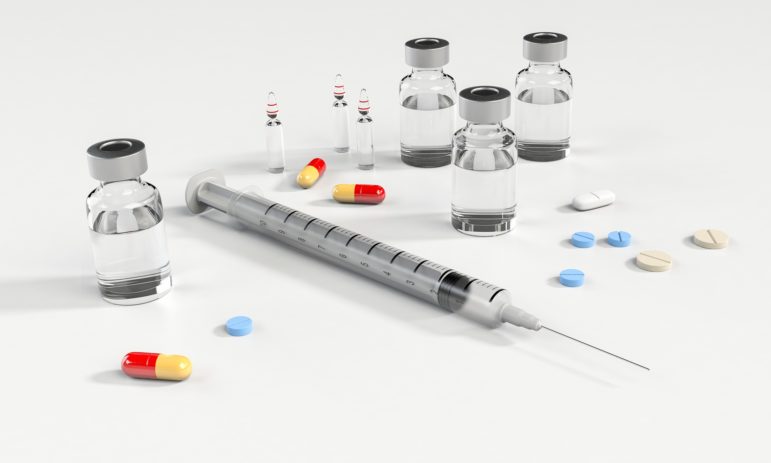
Image: Arek Socha from Pixabay
From infectious disease epidemics to fraud and fake drugs, covering health and medicine can be a challenging topic for investigative journalists.
At a panel on the pharmaceutical industry at the 11th Global Investigative Journalism Conference in Hamburg, experts called for the use of scientific evidence, warned journalists to beware of the hype, and advised to keep an eye on the bigger picture. They also shared tips to help investigative journalists delving into health and medicine.
1. Check scientific evidence
What kind of study proved the medicine’s efficacy?
Journalists often cite studies in their stories, but they need to check the scientific evidence behind the study, said investigative journalist Serena Tinari and co-founder of Re-Check.ch, a nonprofit organization investigating and mapping health affairs and issues at the crossroads between Evidence-Based Medicine (EBM) and investigative journalism.
The best case scenario is to have meta-analysis or at least one RCT (randomized controlled trial) for your health story; second-best is other types of clinical or epidemiological studies. The least optimal option is just having an expert’s opinion, Tinari said.
2. Look for conflicts of interest
Journalists need to check drug disclosure information against media reports and issues raised at medical conferences, Tinari said.
Key opinion leaders in pharma, patients’ organizations, and awareness campaigns are often biased. Tinari cited two common assumptions about breast cancer treatment, such as “early cancer diagnosis always increases the chances of survival” and “newest therapies are the most effective,” both of which have been debunked, she said. Because of the misinformation, too many women are now being diagnosed and treated for breast cancer unnecessarily, and awareness campaigns often omit to mention risks and harms of the intervention.
3. Beware the miracle drug
Miracle drugs or revolutionary treatments should raise red flags.
Avoid using the following buzz words when reporting on health and medicine, Tinari said: Life-saving drug, promising treatment, personalized medicine, spectacular discovery, prestigious medical journey, game-changer, hope and revolutionary treatment.
4. Utilize databases
Using international databases is a must, said editor and investigative journalist Christian Baars from Norddeutscher Rundfunk. He has been doing research on the spread of superbugs and working on the ICIJ project ImplantFiles.
Baars recommends the following websites to find information on drugs and medical advice: Cochrane Library, PubMed, Device Events, NICE, ClinicalTrials.gov, EU Clinical Trials Register and MAUDE.
5. Compare and research globally
Look for and compare information from other countries, said Fabiola Torres, founder and director of Salud con Lupa, a collaborative platform covering public health in Latin America.
“We need to address the bigger picture, rather than focusing on one case,” she said.
An example is the platform’s recent investigation into food and drug corporations’ influence on public policies in the region. The journalists built a revolving-door database of key players at food and drug corporations and the health sector in different Latin American countries.
_________________________________________________________

